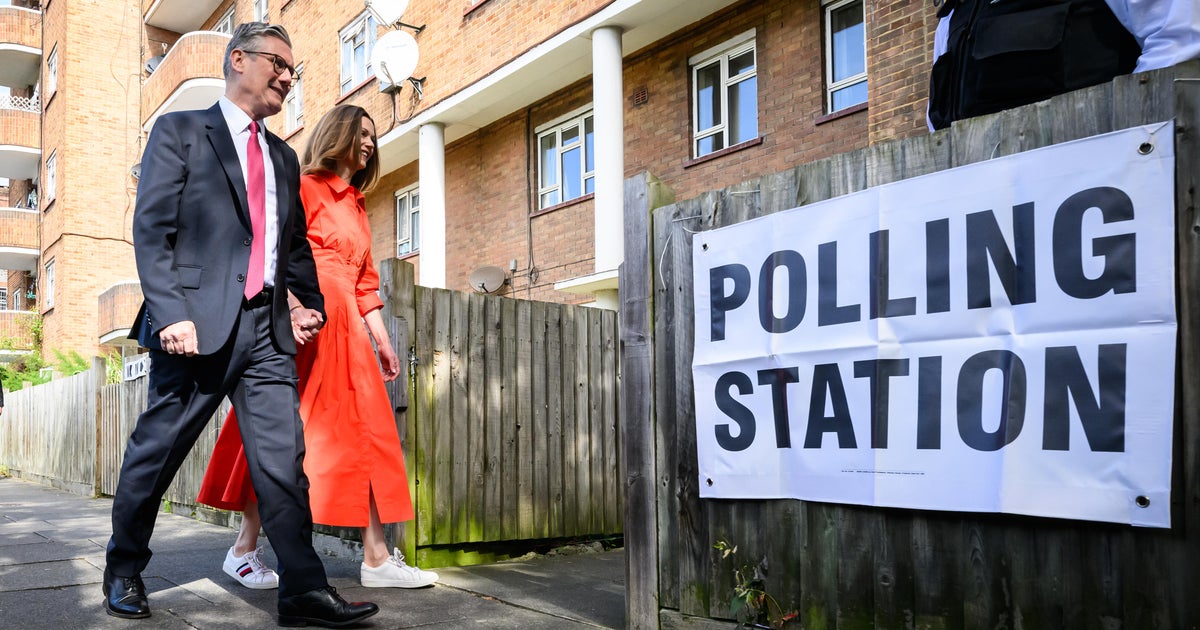Britain to lower voting age to 16 before next national election
3 minute readPublished: Thursday, July 17, 2025 at 1:01 pm

Britain to Lower Voting Age, Implement Electoral Reforms
London – The British government announced a series of significant electoral reforms Thursday, including a reduction in the voting age from 18 to 16, set to take effect before the next national election. This move fulfills a pledge made by the Labour Party before its election in July 2024. The decision places Britain alongside a select group of countries, such as Austria, Brazil, and Ecuador, that permit 16- and 17-year-olds to vote.
The reforms extend beyond the voting age change. The government plans to tighten campaign finance regulations, aiming to prevent shell companies with obscured ownership from donating to political parties. Additionally, measures will be implemented to strengthen safeguards against foreign interference in British politics, along with tougher penalties for those who intimidate political candidates.
Further changes include the introduction of automatic voter registration and the acceptance of bank cards as a form of identification at polling stations. These measures contrast with a previous requirement for photo identification, introduced in 2022 by the Conservative government, which aimed to combat voter fraud. Critics of the photo ID requirement argued it could disenfranchise certain demographics. The Electoral Commission estimates that approximately 750,000 people did not vote in the last election due to the lack of required identification. Turnout in the 2024 election was 59.7%, the lowest in over two decades.
The reforms are being hailed by some as the most significant changes to the electoral system since 1969, when the voting age was lowered to 18. While the changes must be approved by Parliament, the Labour Party's current majority suggests easy passage. The next national election is scheduled by 2029, but could be called earlier.
BNN's Perspective:
These reforms represent a bold attempt to revitalize British democracy. While lowering the voting age is a notable step, the success of these measures will depend on their effective implementation and whether they truly encourage broader participation. The focus on campaign finance and voter registration is welcome, but the government must also address the underlying issues that contribute to voter apathy, such as socioeconomic disparities and a lack of trust in institutions.
Keywords: voting age, election, electoral reform, Labour Party, voter registration, campaign finance, photo ID, democracy, Parliament, Keir Starmer, Angela Rayner, youth voting, political participation, Britain, United Kingdom